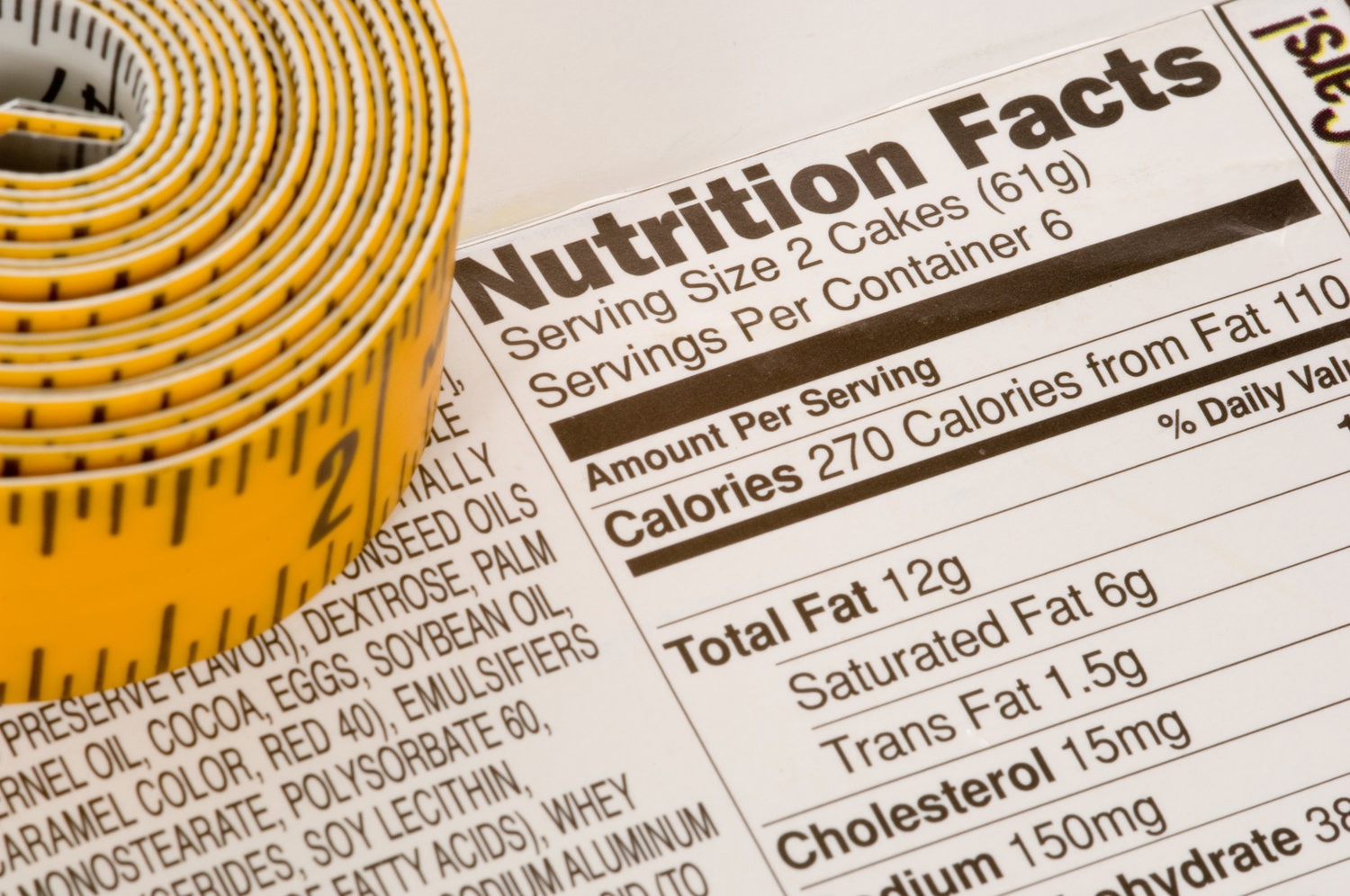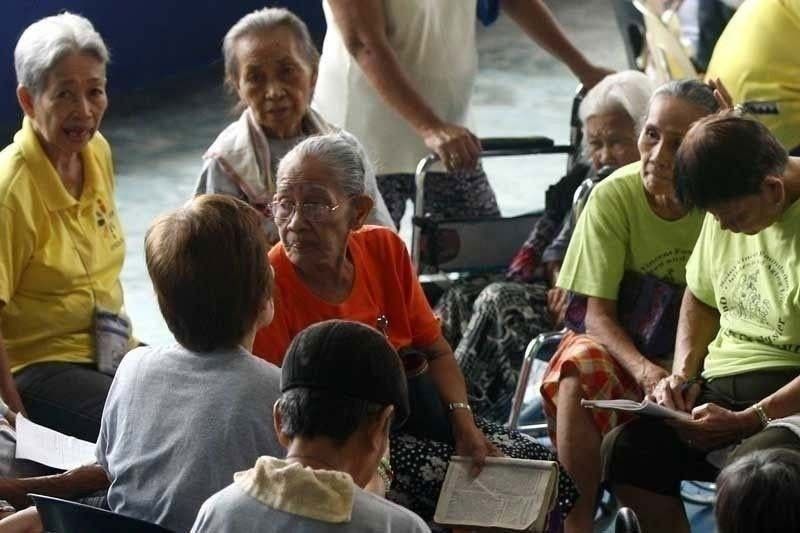
MANILA — Confident about the interventions set in place to cushion the impact of soaring food prices, President Marcos on Wednesday rejected proposals for him to seek special powers to address inflation.
“I do not think that it is necessary to ask for special powers… I have already the power to declare an emergency and to control the prices of commodities. So I don’t think there is any need for more than that, that is sufficient,” Marcos told reporters in a chance interview in Manila.
Concurrently serving as the secretary of the Department of Agriculture (DA), the President also expressed optimism that the inflation rate will eventually go down with the drop in prices of fuel and imported agricultural products.
At a hearing of the House committee on appropriations on Tuesday that was attended by members of the Development Budget Coordination Committee, Marikina 2nd District Rep. Stella Quimbo asked whether there is a need for Congress to grant the DA or the President additional powers to enforce food price stabilization measures.
Inflation in January rose 8.7 percent, the highest since November 2008 and faster than the 8.1-percent inflation rate last December. It was also higher than the Bangko Sentral ng Pilipinas (BSP)’s estimate of 7.5 to 8.3 percent.
Urban agriculture
The government, Marcos said, has stepped up efforts to address inflation such as the “Kadiwa ng Pangulo” program and the promotion of urban agriculture.
Yesterday, he led the launching of the Halina’t Magtanim ng Prutas at Gulay, Kadiwa’y Yaman, Plants for Bountiful Barangays Movement (Hapag Kay PBBM) project at Rizal Park in Manila. The project seeks to improve sustainable food practices at the barangay level.
“There are elements of inflation that we cannot control, that’s why we are doing this kind of initiatives to compensate for the price increase,” the President said in Filipino.
The National Economic and Development Authority has said the administration has identified measures to keep food price movements consistent with the government’s inflation and food security objectives, with higher agricultural productivity, food supply augmentation and energy security seen as priorities to temper upward price pressures.
The Hapag Kay PBBM merges two programs of the DA and the Department of the Interior and Local Government (DILG).
The DA’s Green Revolution 2.0: Plants for Bountiful Barangays Movement aims to increase local production of fruits and vegetables by turning urban, peri-urban and rural areas into patches of green, edible landscapes.
The DILG’s Hapag kay BBM program, on the other hand, seeks to build community gardens in every barangay to diversify food sources and to contribute to food security within each neighborhood.
“As this initiative consolidates the programs of these two agencies on urban agriculture, I am confident that we will further increase our capacity to take part in our goal to address poverty, ensure food security and protect the environment even at the barangay level,” Marcos said in a speech.
More Kadiwa sites
Furthermore, the Chief Executive vowed to increase the number of Kadiwa ng Pangulo outlets in the country to help small businesses and producers recover from the impact of the pandemic and at the same time provide the public with fresh and affordable agricultural and fishery products.
“That’s why we’re going to increase the (Kadiwa ng Pangulo outlets)… As long as all government agencies, all local governments and all our producers, including our farmers, are united and work together, this program will be successful,” he said at the launch of the Kadiwa ng Pangulo in Santo Tomas, Batangas also yesterday.
Last Monday, Marcos launched the Kadiwa ng Pangulo program in Cebu City.
The DA reported that from Nov. 5 to Dec. 31 last year, Kadiwa activities generated P136.1 million in sales nationwide.








Phone Number For Reservations:👉 http://rentry.co/k86at